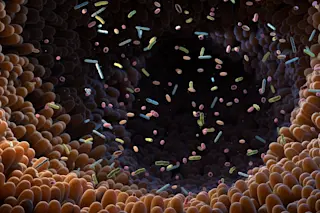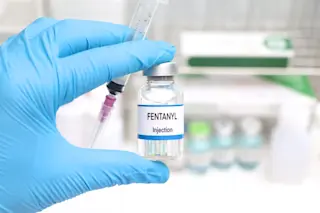According to the Centers for Disease Control and Prevention, more than 932,000 people have died from a drug overdose in the U.S. since 1999. In 2020 alone, nearly 100,000 people died from an overdose. The main cause? Synthetic opioids — specifically fentanyl.
This sharp rise in opioid-related overdoses in recent years includes almost 69,000 deaths in 2020. Of those deaths, 82.3 percent of them involved synthetic opioids, which are artificially produced. But what makes synthetic opioids so deadly?
Fentanyl is a synthetic opioid that is about 100 times more potent than morphine and 50 times more potent than heroin in how it effects the body, according to the Department of Justice/Drug Enforcement Administration.
While it has become a household name in recent years, fentanyl has been around since its creation in 1959 and was introduced in the 1960s as an intravenous anesthetic to relieve pain.
But today, the increase in ...














